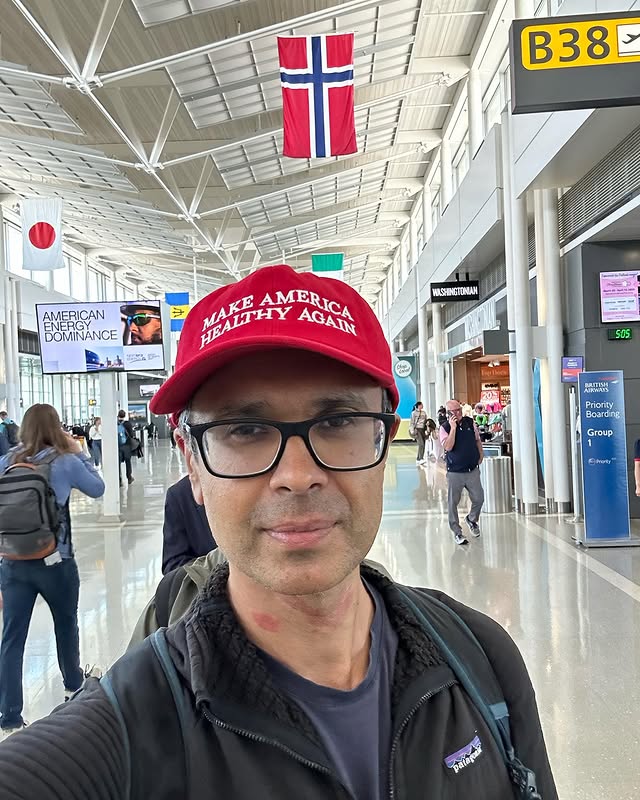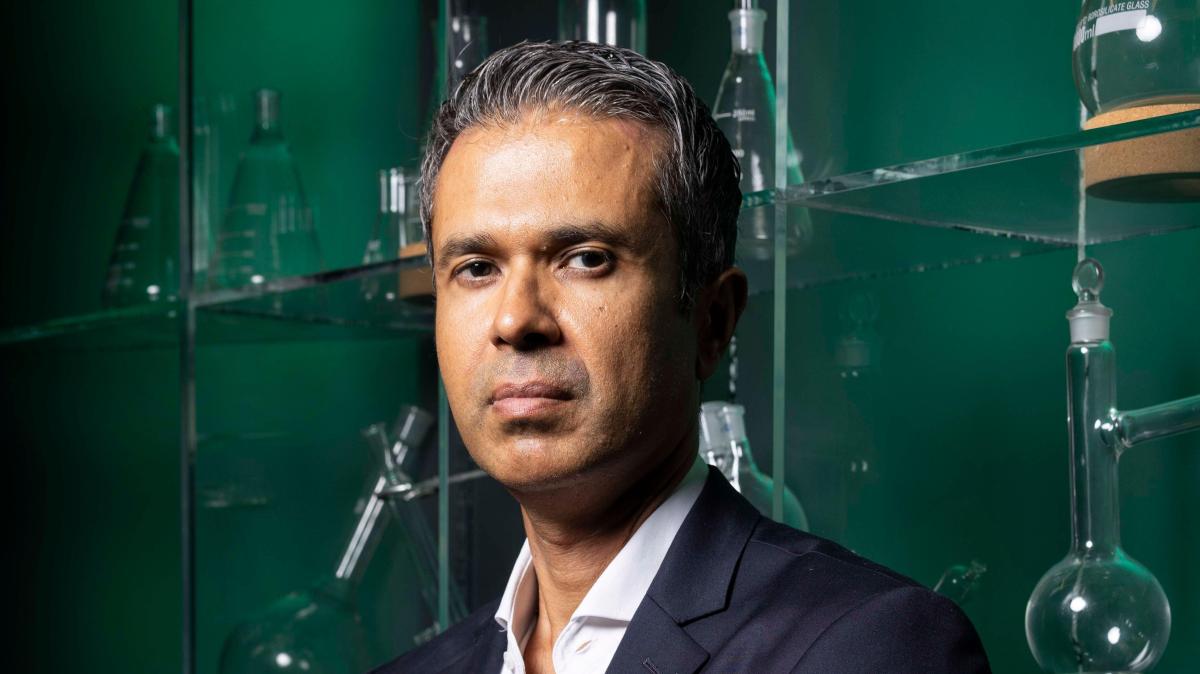Leading doctors have urged Nigel Farage not to put lives in danger by replacing medical evidence with “simple-sounding populism” after Reform UK handed a prime conference slot to a vaccine-sceptic adviser to the Trump administration.
Aseem Malhotra, a British cardiologist who claims that mRNA Covid vaccines did more harm than good, will speak from the main stage at Reform UK’s conference in Birmingham this weekend.
He will give the only health-related address on the main stage, between speeches from Reform’s newest MP, Sarah Pochin, and the party’s deputy leader, Richard Tice.
Malhotra is chief medical adviser to MAHA Action, a US campaign group advocating the “Make America Healthy Again” agenda of Robert F Kennedy Jr, President Trump’s secretary of health and human services. He bonded with Kennedy over a mutual suspicion of big pharma and particularly the mRNA vaccines mainstream doctors credit with saving millions of lives during the pandemic.

Reform said Malhotra had been invited as a medical professional and party supporter to speak about “making Britain healthy again”. Malhotra insisted his main topic would be “commercial influence over science” and the importance of healthy living. However, his appearance has raised fears among senior doctors that Farage may be tempted to follow Kennedy in scrapping swathes of vaccine research and replacing established expert advisers with like-minded figures.
Jeanette Dickson, chairwoman of the Academy of Medical Royal Colleges, the professional standards body for Britain’s 400,000 doctors, stressed that “a reliance on scientifically established fact” had to the foundation of healthcare.
“When we move away from what the evidence tells us, we put lives in danger,” she warned. “We must not let ignorance and ideology replace evidence-based medicine. It is a very dangerous step to replace peer-reviewed, proven science with simple-sounding populism.”
• RFK Jr faces bipartisan fire at Senate hearing on chaos at CDC
Over the summer, Kennedy cancelled $500 million in funding for mRNA vaccines, insisting they “fail to protect effectively” against infections such as Covid and flu and claiming the technology “poses more risks than benefits”. The decision was criticised by doctors who said mRNA technology was one of the most promising tools to fight future pandemics, as well as diseases such as cancer.
Kennedy earlier sacked all 17 members of the official government committee that advises on immunisation, citing conflicts of interest, and replaced them with figures with less vaccine experience or who had expressed sceptical views about vaccines.
Professor Peter Openshaw of Imperial College London, a former president of the British Society for Immunology, said British experts were watching with “dismay” what was happening in the US. “We are feeling intense concern about what would happen if we had a similar flavour of government in the UK,” he said. “It has the potential to decimate not only all the science that goes into creating great vaccines but also huge potential to damage health.”
Openshaw said Kennedy’s actions were “already having a huge impact” in the US and around the world, adding: “The thing that most concerns me and others who work in the area is that the reasons behind the changes in policy are not based on good scientific advice at all. They are often a distorted thought pattern based on limited or false information.”
Malhotra said he had “got a lot of respect for what Kennedy is doing” to tackle commercial influence but stressed that “America has a lot to learn from Britain”.
Malhotra has no formal role with Reform but said he was “potentially” open to a role with Farage, whom he has known for a decade and has worked with to criticise “mismanagement of the Covid pandemic” and call for an overhaul of the World Health Organisation. “There is a mutual respect there. He listens to me,” Malhotra said. “They’ve given me carte blanche [for the speech] because they trust me.”
Malhotra said he would mention Covid vaccines at the conference but that his key messages would be about public health and avoiding needless medicines, something the academy has previously backed. “An overmedicalised population is a big problem and the roots of that are in commercial influence,” he said. “I’m open to dialogue. I wish [critics] would talk to me directly.”
